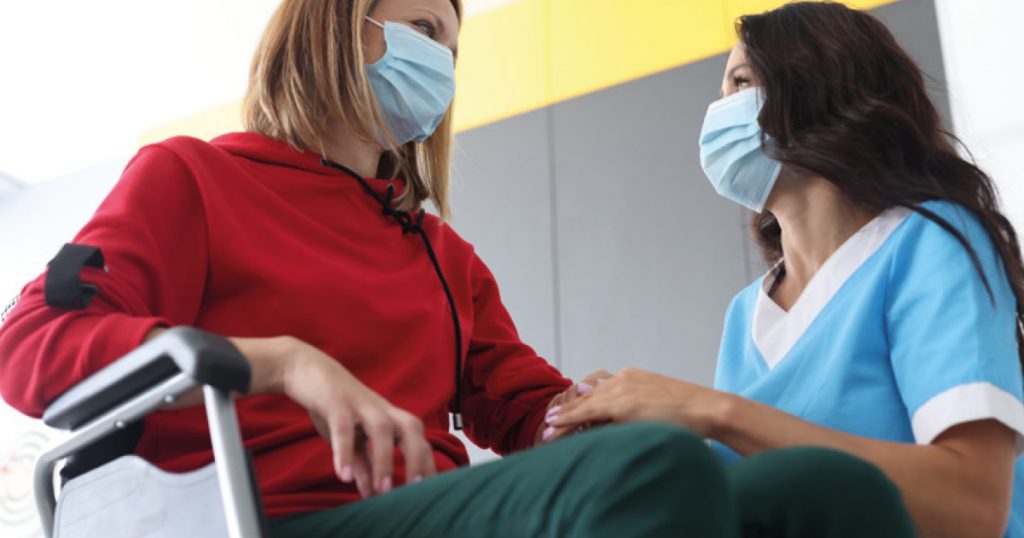Dozens attended two briefings on the immigration health surcharge last week.
The briefings, led by Narmada Thiranagama and organised by UNISON Hertfordshire, was open to workers across the region.
It helped provide information on how to apply for reimbursement of the health surcharge and where to get free immigration advice through the Joint Council for the Welfare of Immigrants.
In addition Narmada highlighted the work UNISON has been doing nationally to secure the reimbursement while continuing to fight for the surcharge to be scrapped altogether.
Tilly, a migrant health care worker, said her family cannot move on with their lives because their meagre earnings go on paying visa fees, solicitor fees and the immigration health surcharge.
The last time she and her dependants applied for a visa extension it cost around £7,000. They were left with nothing and were forced to borrow money from relatives. They have no recourse to public funds despite paying taxes. She said she is working tirelessly during the pandemic, yet her hard work is not being valued.

Monica, a nurse in West Hertfordshire Hospital, stated: “Non-EU migrants like us go through painful experiences to work and live in the UK.
“Apart from paying all these exorbitant immigration fees, our immigration status defines what kind of treatment we should get. This became more visible during the pandemic, where a lot of us migrants filled in the absences of colleagues, who were mainly British.
“I feel that sacrificing my life is part of my work permit and visa application. I feel that my employer will not renew my visa if I will raise a complaint. Why is it that mostly migrant health workers died of Covid? I always thought that this is racism and indeed it is.”
Rebecca said she was made to feel like a criminal once her employer found out her visa had expired.
“I applied for my visa extension six months ago, paid all the fees, surcharge and here I am still waiting for the decision. It is difficult and stressful as I have no functional visa.
“I was recently embarrassed by my employer and he stopped me from working even though my solicitor confirmed that I can still legally work. The way I am being treated makes me feel like I have committed a crime.
“The government is not concerned with the negative impact of the delay to migrants like me. It’s hard to follow up my application with the Covid situation. I am extremely worried as my employer has not asked me to resume work.”

And Ronald said he and his migrant colleagues are risking their lives to keep others safe and they cannot afford to get sick or to not go to work:
“I work for a private care employer who does not pay carers and cleaners when they get sick. When I contracted Covid-19, I had to beg my employer to pay for statutory sick pay.
“I was grateful that UNISON’s There For You helped me out. I am always praying that I will not fall ill again as my family will be in destitute if that happens. There are no entitlements for migrants like us.”
Briefing organiser Jamima Fagta, a UNISON Eastern local organiser, said the harrowing testimonies showed how important the event was, adding that many migrant workers in the NHS were not aware of the reimbursement scheme.
“We all agreed that more work is needed to increase awareness of the scheme and support others in getting the money they’re owed back.
“We’ll be organising more briefings, starting in January 2021.
“The event was particularly useful and many of those there said they were happy to meet again to discuss more issues and become more engaged in UNISON.
“It was an important opportunity to engage with some of the most exploited members of the union.”
